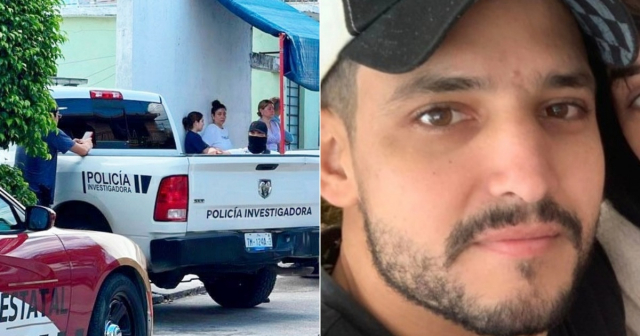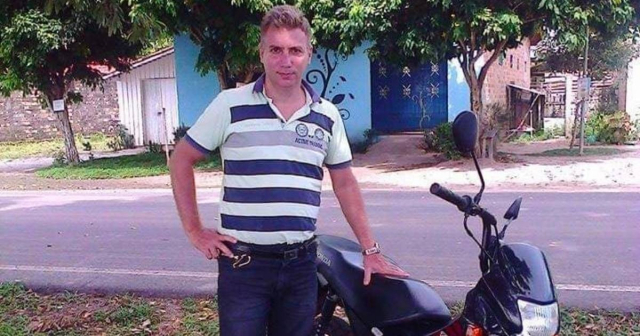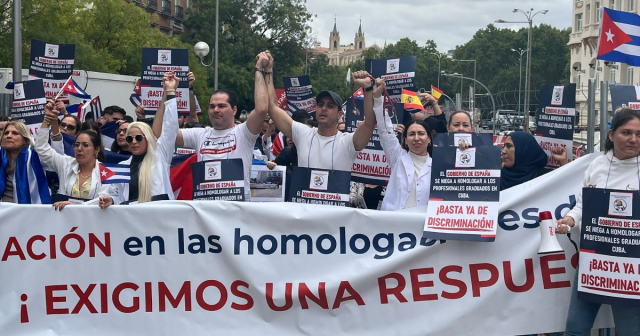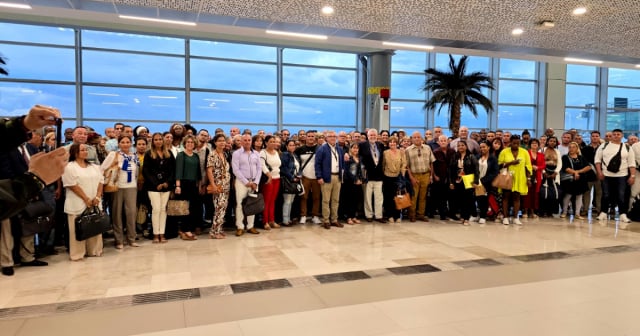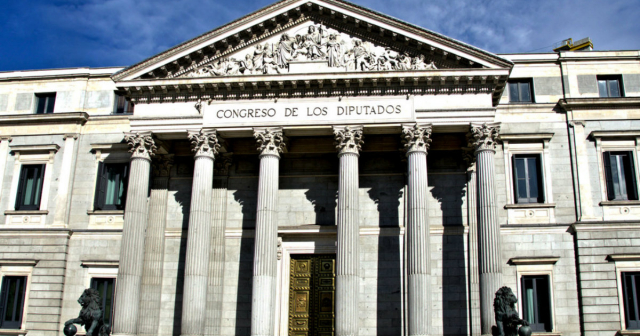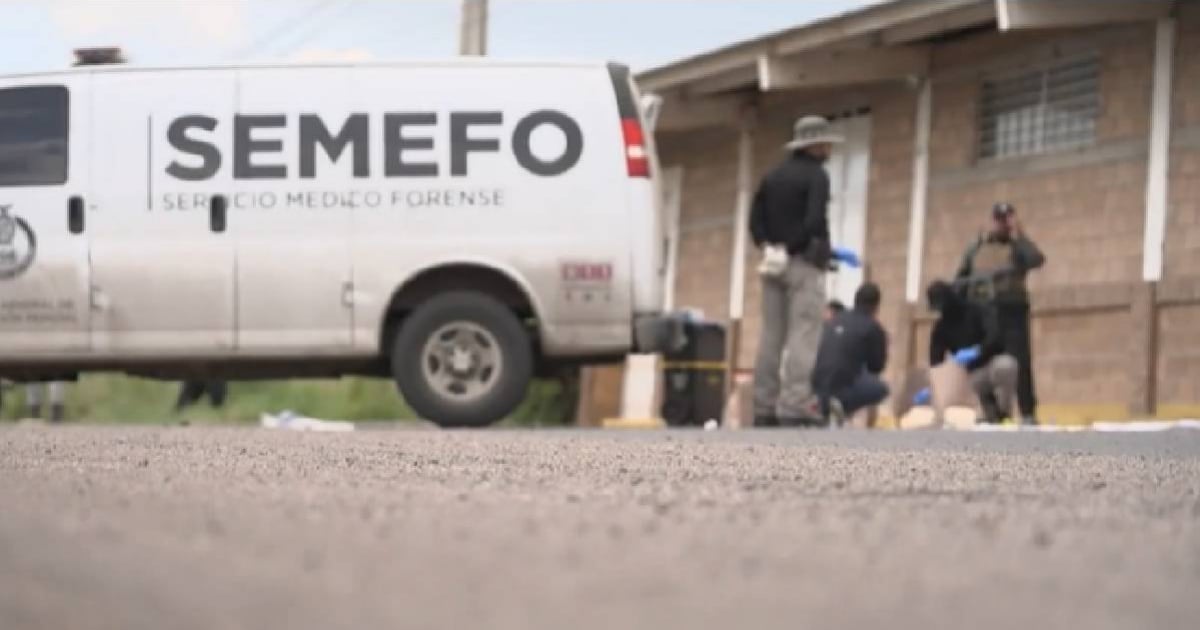
The increasing violence in Mexico forced the withdrawal of Cuban doctors who were attending to the population of El Palmito, in Concordia, Sinaloa, local press reported.
The state Secretary of Health, Cuitláhuac González Galindo, confirmed that, due to the security conditions in the area, the Cuban embassy requested that the doctors leave the state, local media reported.
Initially, it was decided to hire Cuban doctors due to the difficulty of maintaining permanent medical staff in this remote community, where since September 9, organized crime has turned El Palmito into a ghost town, as practically all its residents left their homes and headed to other places in the state or to Durango.
The recent acts of violence made it impossible to continue medical care in the region.
González Galindo pointed out that these doctors are not accustomed to the stressful and insecure situations that characterize the current environment in Sinaloa.
The official also addressed the situation of other health centers in the state, mentioning incidents such as the armed attack at the IMSS Bienestar Hospital in Villa Unión, where armed men demanded medical attention for an injured companion.
Although some hospitals have faced temporary closures due to insecurity, it is said that the majority of health units remain operational.
Violence in Sinaloa not only affects the civilian population but also puts health professionals at risk, as they are sent to work in dangerous conditions, facing an environment that can be lethal.
At the beginning of September, 77 Cuban doctors were reported in Sinaloa, many of them assigned to rural areas where local professionals avoid working.
Last July, amid the acute crisis of public health services in Cuba, 2,700 doctors left their positions on the island to join another 1,000 Cuban professionals providing assistance in hospitals in Mexico, as announced by the government of Andrés Manuel López Obrador.
During his daily morning press conference at the National Palace, the Mexican president announced the upcoming arrival of the doctors and reiterated his gratitude to the Cuban regime for its support of his government's plans to provide sufficient personnel to the public health system.
While the lack of doctors in hospitals, polyclinics, and clinics in communities and neighborhoods in Cuba, along with the scarcity of medications and supplies, jeopardizes the health of the Cuban population, the government of Miguel Díaz-Canel increases the exportation of qualified medical personnel to Mexico and other countries, many of which are violent places where Cuban doctors are at risk.
What do you think?
COMMENTFiled under:

